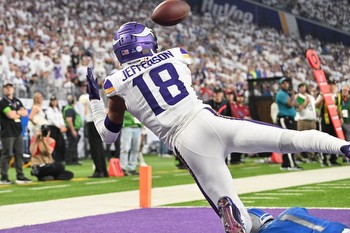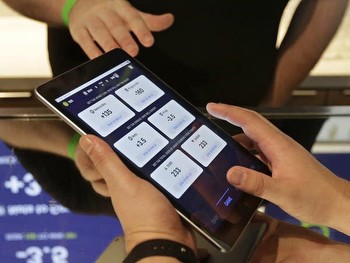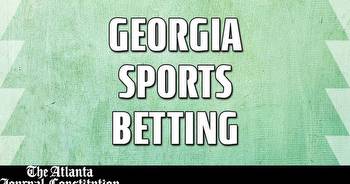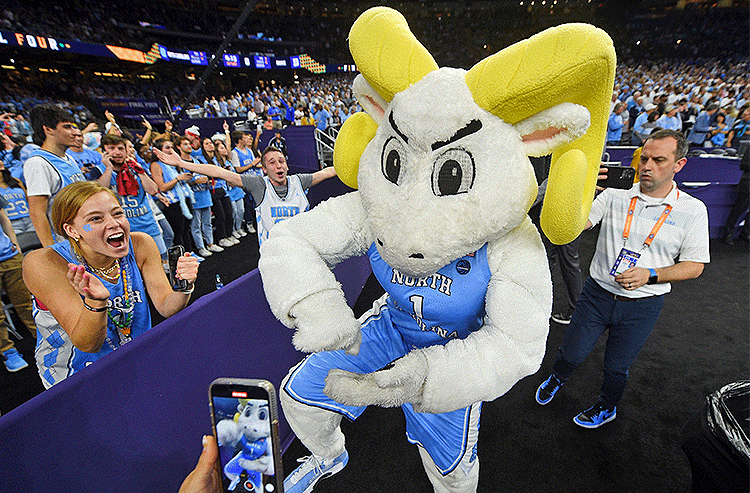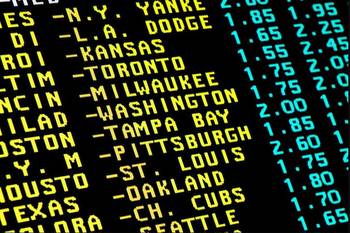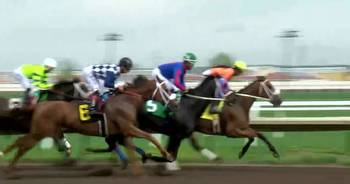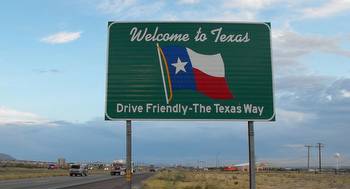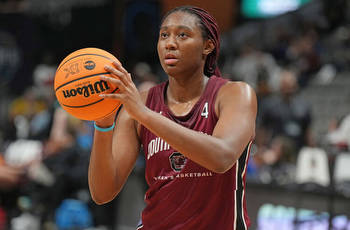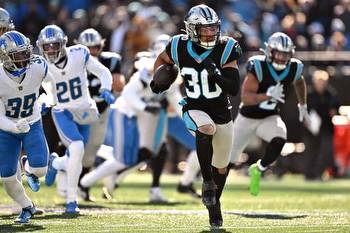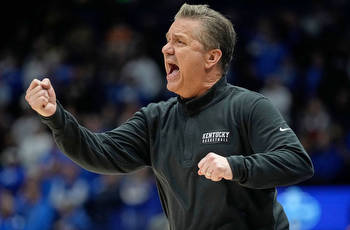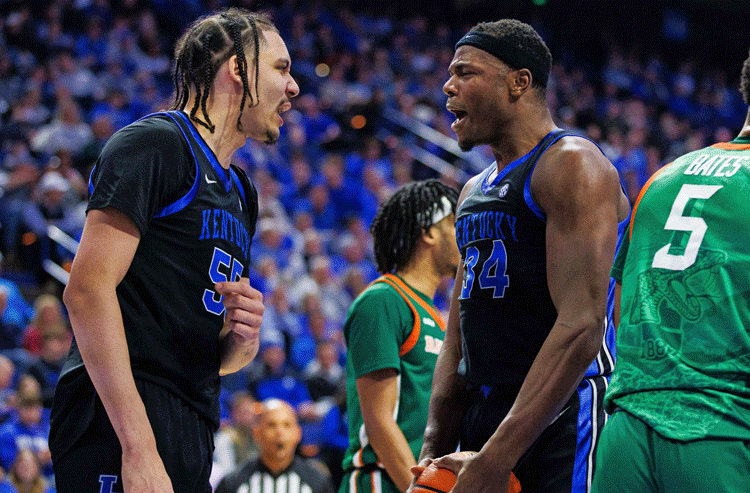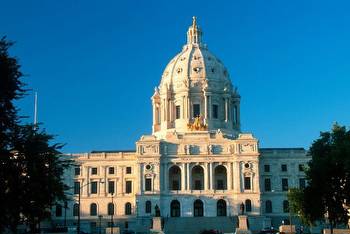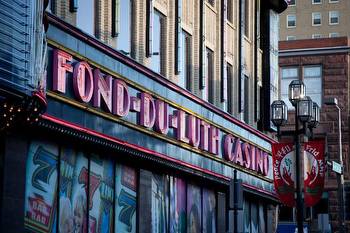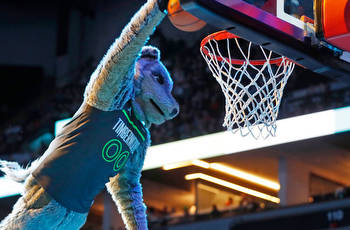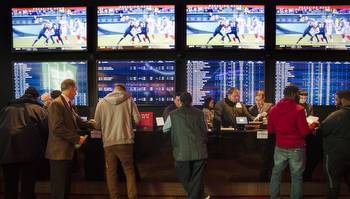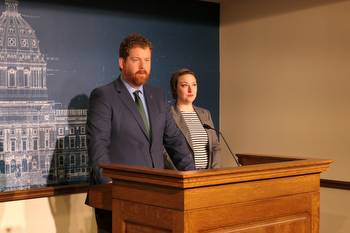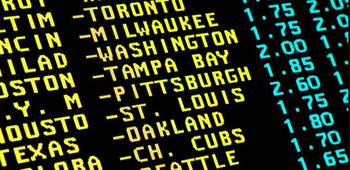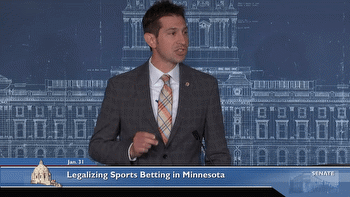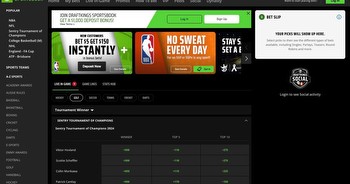Minnesota Fails to Pass HB 2000 Sports Betting Bill in 2023
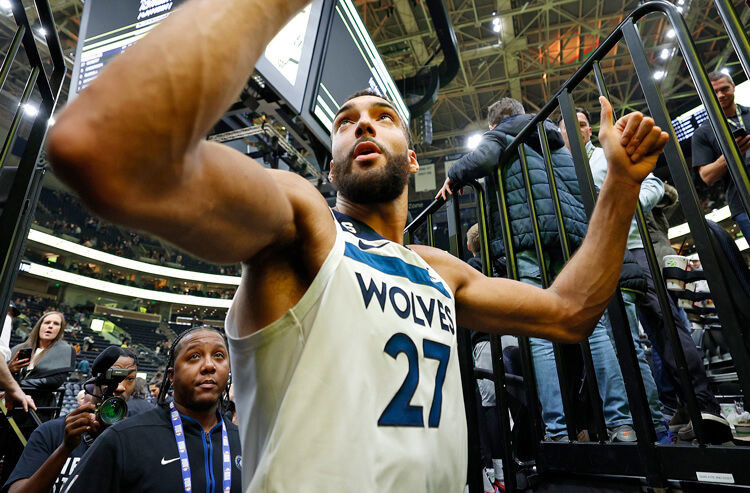
HB 2000, the latest in a line of efforts to legalize sports betting in Minnesota, won't be passed in 2023, with several state lawmakers still opposed.
Minnesota residents will have to wait another year for legal sports betting to be authorized.
House Bill 2000, which proposes to legalize both retail wagering and online betting sites, has failed to pass through Minnesota’s Senate and House of Representatives before the end of the state’s current legislative session. The failure to pass HB 2000 in 2023 comes as several lawmakers in Minnesota oppose retail and online sports betting in the state over concerns that it could negatively impact the well-being of low-income families and communities of color.
“I am absolutely an N-O vote,” Sen. Scott Dibble told the MinnPost earlier this month.
HB 2000 proposes to regulate sports wagering in Minnesota through the state’s 19 casinos, which are owned by tribes. Earlier this year, the bill was passed by the state’s House Public Safety Finance and Policy Committee, the House Commerce Finance and Policy Committee, and the Judiciary Finance and Civil Law Committee. Despite the support in the House, sports fans in the Gopher State will have to wait until 2024 for betting legislation to be reconsidered.
Latest in a line of failed efforts
Lawmakers have tried to legalize sports betting in Minnesota for several years, but pieces of legislation have died in the Senate. In 2022, the state’s House passed House Bill 778 but the bill never made it through the Senate. The bill failed to garner adequate support due to an added amendment that would have granted sports betting licenses to Minnesota’s two horse racing tracks. The amendment caused the Minnesota Indian Gaming Association to pull its support.
HB 2000 takes a different approach as it would allow the state’s 11 tribes to launch their own sportsbooks or partner with major operators, including FanDuel and DraftKings. All wagers made on tribal land would not be taxed, while online wagers would be taxed at a 10% rate on net revenue received.
The first $2.7 million of revenue from wagering in Minnesota would be allocated toward the state’s Commission of Public Safety, while another $1.35 million would go to the Commission or Revenue. The remaining revenue would then be divided between the Commission of Human Services and the Amateur Sports Integrity and Participation account.
Despite the framework, HB 2000 will have to be reconsidered in next year’s legislative session. Until then, Minnesotans can enjoy access to DK Horse — a new standalone horse racing app.

